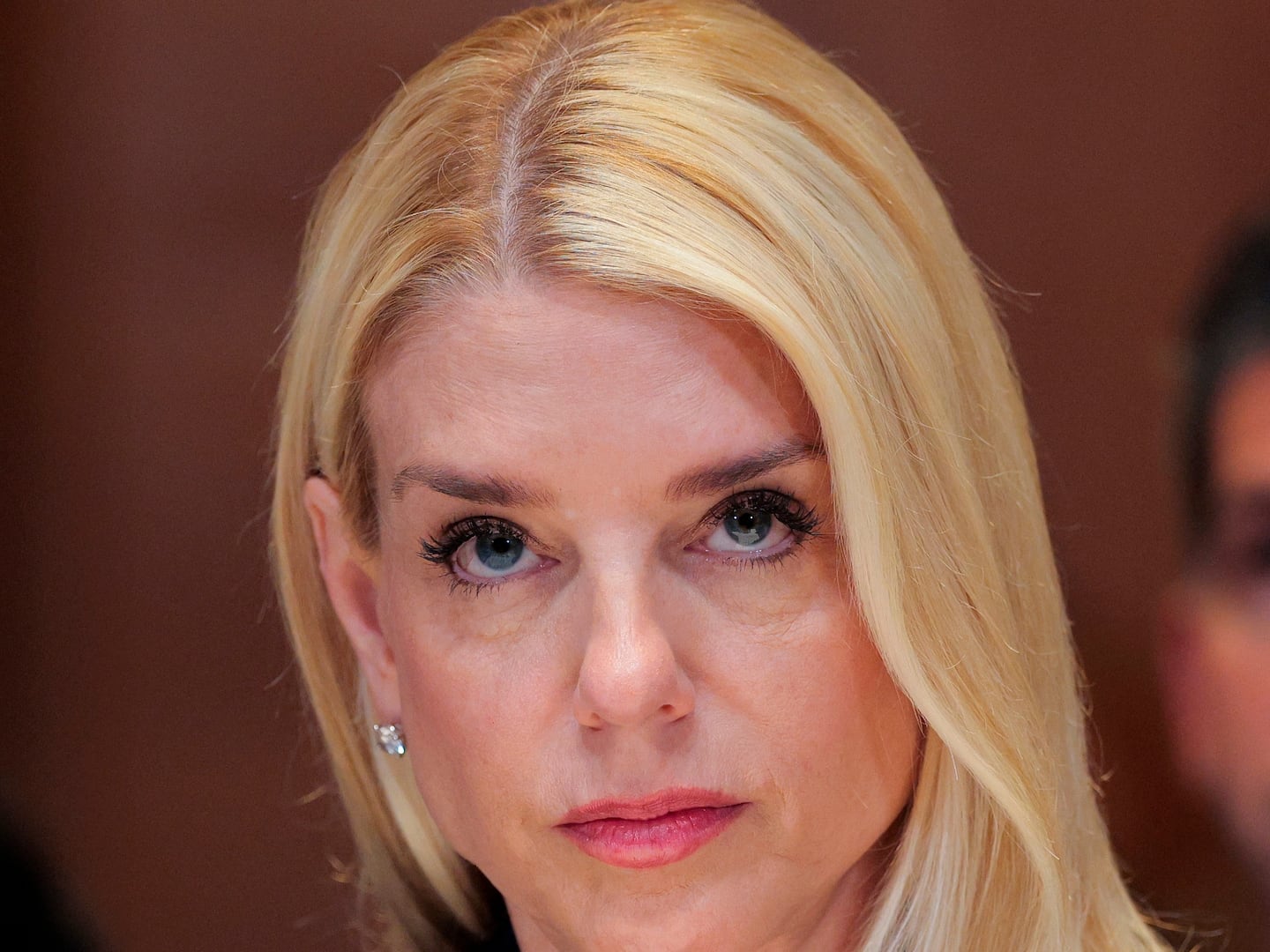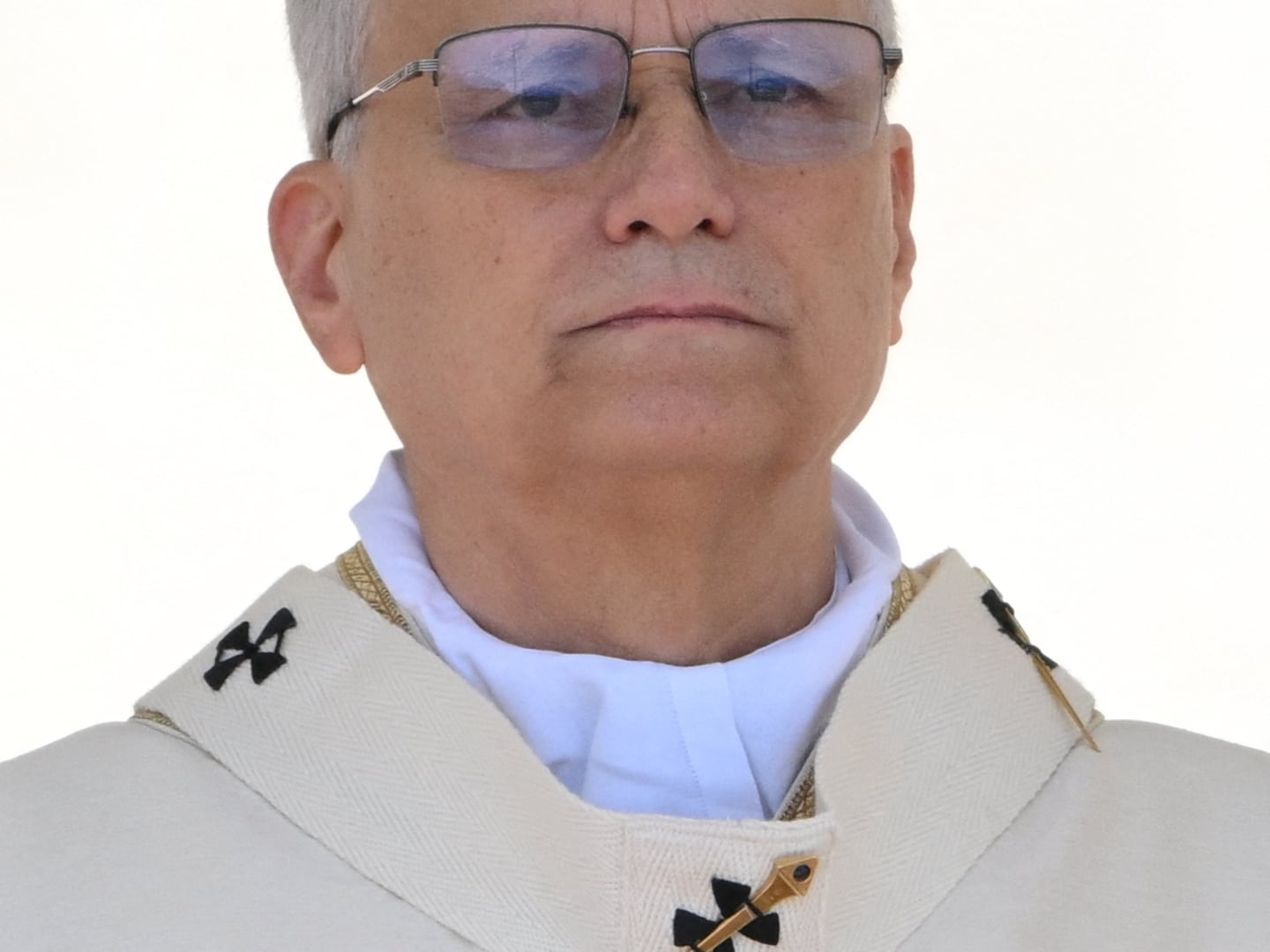American journalist James Foley was captured in Syria in November 2012, just weeks after the British government arrested and charged three British citizens, who were alleged members of a group of foreign fighters associated with the Islamic State, for the kidnapping of two other Western journalists.
It remains unclear whether these accused terrorists who later slipped through the fingers of the British legal system were part of the same extremist cell that abducted Foley, but they are part of a growing network of foreign fighters working together and with ISIS in Syria and Iraq.
The London legal case was viewed among extremist groups in Syria as a call to action to accelerate abductions of Western journalists, because one of the former hostages had testified against the alleged extremists in pretrial hearings before the case fell apart. The case also highlights the British government’s long struggle with how to combat the growing number of its own citizens who are waging jihad in Syria and fighting alongside ISIS.
In early November 2013, the British government released and dropped all charges against Shajul Islam, a British-trained doctor who was associated with the NHS. Islam had been arrested in October 2012 when he arrived back in London with his wife and child at Heathrow airport and was charged with the false imprisonment of two Western journalists kidnapped in Syria in July 2012.
The British government also charged in 2012 his older brother Najul for helping Shajul prepare for the abductions and his associate Jubayer Chowdhury for participating in false imprisonment. Charges against those two men were also dropped late last year. Shajul’s younger brother Razul is also believed to have gone to Syria to wage jihad.
The case fell apart because the two Western journalists who had been abducted in Syria in July 2012 and could identify the suspects did not appear to testify at the trial. One of them had testified against Shajul Islam at pretrial proceedings and said Islam was part of a cell of foreign-born extremists in Syria that included 10 to 15 U.K. citizens. Islam, through his lawyer, denied being involved in the abductions at the time.
One U.S. intelligence official told The Daily Beast that both U.S. and British counter-terrorism agencies have taken a keen interest in the suspected militants. “There is no official product on this yet for the intelligence community,” this official said. “But people who are out there and collecting on this believe the [Foley] abduction and the [Islam] trial are connected.”
The connection is difficult to establish, particularly in Syria, where the United States still has to rely on allied services for firsthand information on the patchwork of rebel groups fighting Syrian President Bashar Assad.
Only one month after the suspected British jihadis were arrested and charged in London, Foley was sitting at an Internet access meeting spot established by activists in the rebel-held Syrian city of Idlib when he was abducted by extremists. The Internet access spot was a vulnerable location for Westerners to be hanging out.
When Foley’s abduction was revealed by his family, executives at GlobalPost, which had worked with him and conducted an extensive investigation into his capture, said they believed Foley was being held by Syrian Air Force Intelligence, the most brutal and shady part of Assad’s secret security apparatus. On Wednesday, Global Post Managing Editor Lizzy Tomei told The Daily Beast that information turned out to be wrong.
“That is information that changed in the course of our investigation,” she said. “That update reflected our best information at the time. We’ve been aware since earlier this year that Jim was most likely in the hands of Islamic militants, but we withheld that information until yesterday out of concern of his safety.”
ISIS released a video Tuesday purporting to show Foley’s beheading, narrated by an English speaker who, the British Foreign Secretary has already acknowledged, could be a British citizen. American journalist Steven Sotloff was shown in the video still alive. The White House on Wednesday said U.S. intelligence had confirmed the authenticity of the video and President Barack Obama made a statement condemning the murder.
“We are very concerned by the apparent fact that the murderer in question is British,” Foreign Secretary Philip Hammond told the Telegraph. “We are urgently investigating.”
“We’ve been saying for a very long time that there are a significant number of British nationals both in Syria and Iraq operating with extremist organizations. That is one of the reasons why this organization [Islamic State] represents such a direct threat to the U.K.’s national security,” Hammond told the BBC.
The Guardian reported Wednesday that, according to a former hostage, the British national who acted as executioner in the Foley murder video was one of three U.K. citizens known among jihadists as the “Beatles,” who are in charge of holding foreign hostages in the Syrian city of Raqqa.
Shiraz Maher, a senior research fellow at the Center for the Study of Radicalization at King’s College London, said he estimates that between 500 and 600 British citizens have gone to fight the Jihad in Syria, with the vast majority of these volunteers joining ISIS. He said that in his field research on the Turkish/Syrian border, rebel fighters have said the British foreign fighters are often the most extreme.
“The fact that a British citizen has been involved in this is saddening, but it’s not surprising,” Maher said. “We’ve seen British suicide bombers and British citizens who participated in the execution of Syrian regime soldiers already.”
The problem for the U.S. intelligence community is that they still are trying to determine exactly who’s who inside ISIS and how many fighters are under its command. “I would give them a C at this point,” one congressional staff member who oversees the U.S. intelligence community told The Daily Beast. “But in the last eight weeks they have gotten a lot better and are putting together better information.”
Counterterrorism experts said the case of the released British terror suspects reflected an unfortunate missed opportunity to learn more about and perhaps disrupt the growing network of ISIS-affiliated foreign fighters operating in both Syria and Iraq.
“We’ve been playing catch-up along with the worst foreign-fighter flows that we’ve seen in the modern terrorist era,” said Bush administration counterterrorism official Juan Zarate. “The British government has been sounding the alarm for a long time about the threat of foreign fighters and trying to do their best, but they have had trouble tracking that flow in an environment that is incredibly open.”
The Obama administration’s reluctance to get more involved in Syria contributed to the vacuum in which ISIS metastasized, he said, and Western absence inside Syria has left Western governments with little insight into what foreign fighters are doing before and after they enter the country.
“We’ve done very little in Syria itself. We’ve left the playing field vacant with respect of the ability of these groups to operate with ease in Syria,” said Zarate. “It’s the Syria vacuum that has been the greatest draw for foreign fighters to fight on behalf of ISIS and has allowed them to adapt and continue to recruit.”
In his remarks Wednesday, Obama pledged to respond to Foley’s murder and continue U.S. military action against ISIS in Iraq, but made no commitment vis a vis Syria.
“The United States of America will continue to do what we must do to protect our people. We will be vigilant and we will be relentless,” he said. “When people harm Americans, anywhere, we do what’s necessary to see that justice is done. And we act against ISIL [as the White House calls ISIS], standing alongside others.”
Some experts believe Obama may be playing into ISIS’s hands. Some analysts believe ISIS did not murder Foley to get Obama to stop attacking them, but rather to draw the United States deeper into their regional and potentially worldwide war.
“It’s not a coincidence that ISIS chose a British Muslim with an accent precisely to make the point to the United States and the West about the risks of being involved in Iraq and Syria,” said Emile Hokayem, a Middle East analyst with the International Institute for Strategic Studies. “The big debate is whether this was done to deter or provoke the United States and others to join the fight.”
This article has been updated to reflect that the three suspects were released and the charges against them were dropped in November 2013.







